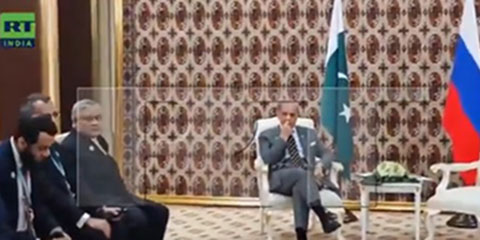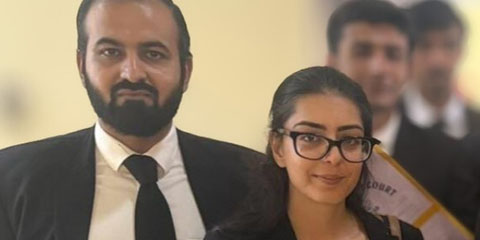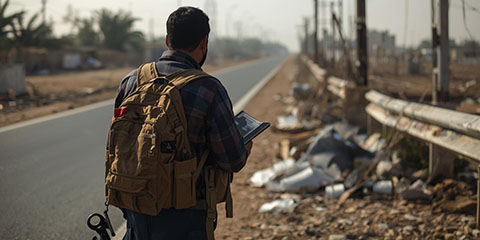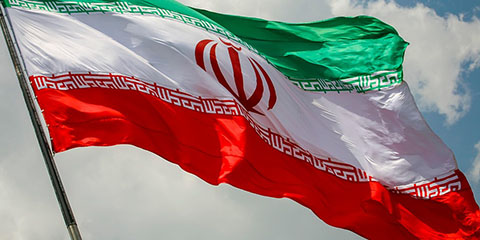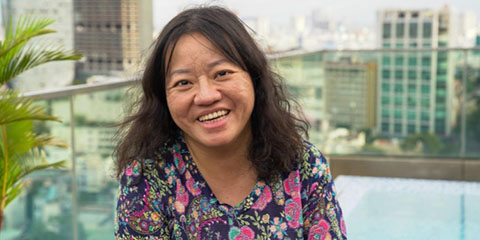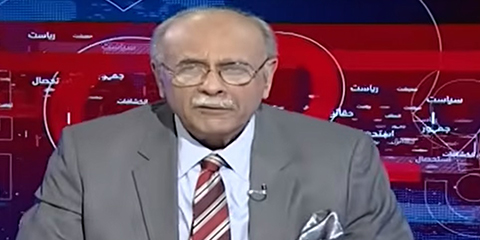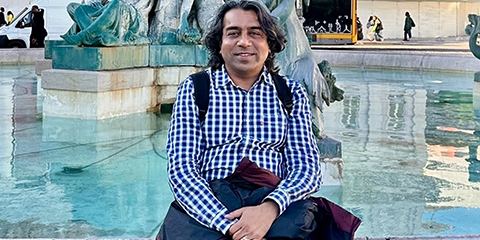India issues sweeping rule on internet shut-offs
JournalismPakistan.com | Published 8 years ago
Join our WhatsApp channel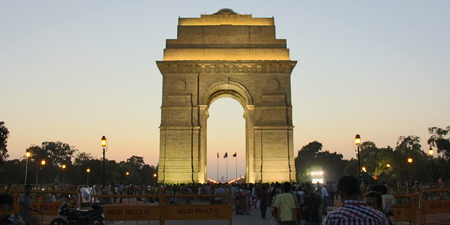
NEW DELHI - Indian authorities should stop arbitrarily blocking the internet, and refrain from issuing regulations that give legal backing to frequent internet shutdowns in the country, the Committee to Protect Journalists said Saturday.
India's communication ministry on August 7 issued a rule that allows the government to temporarily shut down internet and telecommunications services in the event of "a public emergency or public safety [issue]." The rule does not specify what the government considers a public emergency or a threat.
"This new rule is a worrying sign India plans to continue arbitrarily shutting down the internet, a practice it needs to stop," said Steven Butler, CPJ Asia program coordinator from Washington D.C. "These blackouts amount to a severe form of censorship that deprives journalists of a key platform for gathering and disseminating news, and the country's citizens of vital access to news and information."
On August 24, authorities used this new rule to implement a five-day internet blackout for mobile service providers in the northern Punjab and Haryana states after the conviction of sect leader Gurmeet Singh Ram Rahim Singh Insaan, according to media reports. The conviction led to violent protests.
Over 70 percent of Indians in urban areas and 92 percent in rural areas use mobile devices as their main access to the internet, according to media reports that cite market research studies.
The Internet Shutdowns tracker, which tracks state-imposed bans on the internet in India, has recorded at least 42 incidents of government authorities shutting off the internet in 2017, many of which occurred before this rule went into effect.
The volatile region along India's northern border with Pakistan, Jammu, and Kashmir state, has the highest incidence of internet shutdowns, and this year has experienced 20 blackouts that frequently coincide with upticks in instability, according to CPJ research and to the Internet Shutdowns tracker, which was developed by a non-profit Indian legal group.
Pramod Kumar Mittal, the telecommunication department's senior deputy director general who signed the new rule, declined to comment to CPJ on how it will be enforced.
Apar Gupta, a Delhi-based pro bono trustee of the independent advocacy group Internet Freedom Foundation, told CPJ the new rule on internet blackouts was framed without consulting the public or civil society representatives. "These rules are also vague and contain inadequate safeguards for overuse, and there's no proactive requirement for transparency," he said. – CPJ news alert






